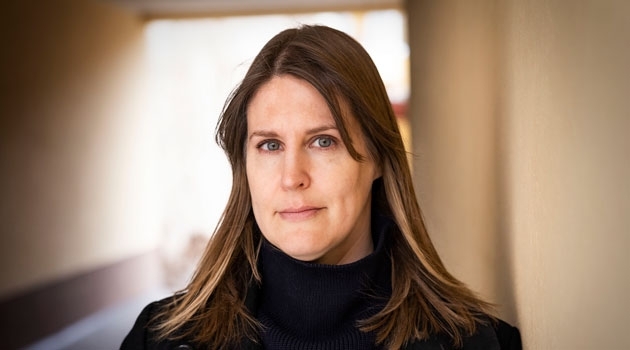Great variation in how police crimes are reported
Hello there, Kristine Eck, researcher at the Department of Peace and Conflict Research, the only Swede in the humanities and social sciences to receive a grant from the European Research Council (ERC), for a study of police crime. But what exactly is police crime?
“All countries have laws and rules that define crime; all countries also have laws and rules defining what the police can and cannot do. Especially regarding when the police can and cannot use force. When the police do something they are not allowed to do, this may be a breach of regulations or even a criminal offence.”
What do you intend to achieve with this project?
“Most democratic countries have a system in place for when the police commit a crime. This need not be an act of violence, it may be corruption, data breaches or some other form of misconduct.
The project will focus on what the process looks like when a citizen reports [a crime by the police]. What happens after one files a complaint? How much is required of the citizen? How long does it take? How transparent is the process? What are the consequences?”
Is it common for the police to commit crimes?
“It varies greatly from one country to the next. In India, for example, 50% of police officers state that they employ torture when questioning suspects. In Kenya, 30% of citizens state that they have had a violent interaction with the police within the past year.
I would say that it occurs to a certain extent in all countries; those involved are people, and people make mistakes. The question is, what should one do when it does happen?”
What is the process in different countries?
“It’s not always easy to find out, which is interesting, because how accessible the process is says something about how the state views its citizens.
In Canada, for example, it is done online on the police website. In Mexico, there is no national body, it all takes place at state level. In some states, it was even difficult to understand where to look for information about making a complaint. This is of course a way of placing obstacles in the path of citizens who want to make a complaint against the police.”
How do you intend to implement the project?
“We have a great deal to do. In the first stage, we will be looking at 33 OECD democracies. We collect data on how these processes are created and what they look like and then we will also study the extent to which citizens make complaints. We will also include existing data on the level of trust in the police among citizens.
Then there will also be in-depth field studies of five countries: Sweden, Denmark, Japan, Australia and Israel. Between them they have a wide variation in how these systems and processes are created.”
Why is this such an interesting field of study?
“It became easier to justify the project in light of this summer’s Black Lives Matter movement, although police brutality or other types of crime are hardly something new. If the state has a monopoly on violence, citizens must be able to exert influence when they cross the line.”
Agnes Loman

